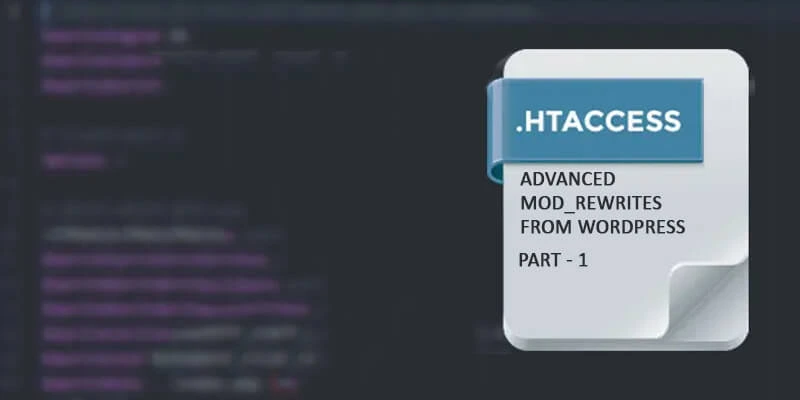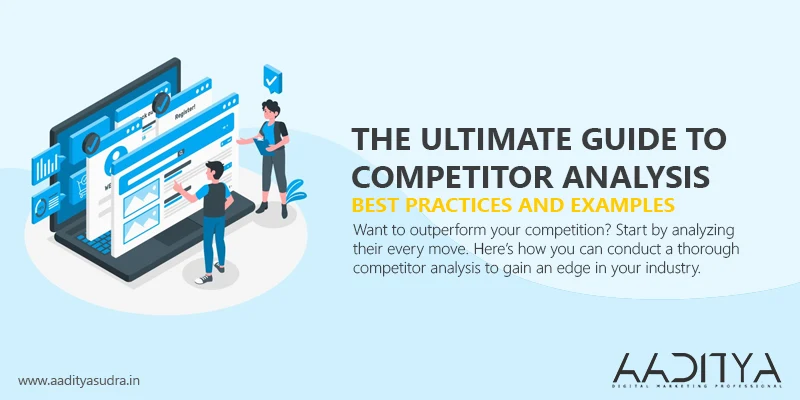Understanding Crawl Budget: How It Impacts Your Website's Ranking
Table of Contents
- Introduction: Why Crawl Budget Matters
- What is Crawl Budget?
- How Crawl Budget Works
- Factors Affecting Crawl Budget
- Why Crawl Budget Matters for SEO
- Tips to Optimize Your Crawl Budget
- Conclusion: Improving Your Crawl Budget for Better Rankings
Does Google know your content exists? Learn what crawl budget is, how it works, and why it’s critical for SEO.
Introduction: Why Crawl Budget Matters
Imagine spending hours creating valuable content, only for search engines to ignore it. That’s where crawl budget comes into play. For search engines like Google to index your site, they need to first crawl it. But search engines have limited resources, so they assign each website a specific crawl budget.
Knowing what crawl budget is and how it works can make a difference in how frequently your site is crawled and how many of your pages are indexed. And as you may have guessed, this can have a direct impact on your website’s search ranking.
1. What is Crawl Budget?
Crawl budget is the number of pages a search engine like Google is willing to crawl on your website within a given timeframe. Every website has a unique crawl budget, which is influenced by factors such as the website’s size, structure, and popularity.
In essence, crawl budget determines how much time search engines will spend crawling your site. For large sites or frequently updated websites, an efficient crawl budget ensures that important content is indexed quickly.
2. How Crawl Budget Works
Crawl budget depends on two main factors:
- Crawl Rate Limit: This is Google’s way of ensuring that crawling doesn’t overload your server. Google adjusts the crawl rate based on your server's response. If your server responds quickly, Google will crawl more pages. But if your server slows down or returns errors, Google will reduce the crawl rate.
- Crawl Demand: Google determines crawl demand by assessing how important and fresh your content is. Pages with high demand or pages that frequently change (like news sites) are crawled more often than static pages.
Crawl budget = Crawl Rate Limit + Crawl Demand
3. Factors Affecting Crawl Budget
Not every page on your site will have the same priority for crawling. Several factors influence how Google allocates crawl budget:
- Popularity of Pages: Pages with high traffic or backlinks are often crawled more frequently.
- Content Updates: Fresh, updated content signals search engines to revisit and re-crawl pages.
- Duplicate Content: If a website has a lot of duplicate content, Google may waste crawl budget on similar pages, reducing the chances of new or valuable pages getting crawled.
- Internal Linking: Pages that are well-linked internally are easier for search engines to reach and, therefore, are likely to get crawled more often.
- Site Errors: Pages with crawl errors (like 404s) can waste crawl budget, as Google attempts to crawl pages that no longer exist.
- Low-Quality Content: Thin or low-value content can impact crawl priority, as search engines may avoid spending resources on pages that add little value.
4. Why Crawl Budget Matters for SEO
For larger websites or sites with frequently changing content, crawl budget directly impacts indexing and visibility. When important pages are not crawled and indexed, it reduces your chances of showing up in search results.
For instance, imagine an e-commerce website with thousands of products. If only a portion of the product pages are crawled, it may miss out on valuable traffic. Optimizing crawl budget helps search engines focus on pages that matter most, improving SEO performance and visibility.
5. Tips to Optimize Your Crawl Budget
To make the most of your crawl budget, here are some effective practices:
- Fix Crawl Errors: Use Google Search Console to find and fix any crawl errors. Broken links, 404 errors, and server issues consume crawl budget unnecessarily, so address these issues promptly.
- Avoid Duplicate Content: Duplicate content dilutes crawl budget, as search engines waste time on redundant pages. Use canonical tags to consolidate similar content, ensuring search engines prioritize unique pages.
- Optimize URL Structure: Make your URLs clean and straightforward. Avoid dynamically generated URLs, which can create multiple versions of the same page. This approach helps search engines efficiently navigate your site.
- Use Robots.txt to Block Unimportant Pages: If you have pages like login or admin pages, which don’t need to be indexed, use the robots.txt file to prevent search engines from crawling them. This saves crawl budget for more valuable pages.
- Utilize Internal Links: Effective internal linking allows search engines to find pages easily, helping distribute crawl budget efficiently. Use links to guide search engines toward pages you want to prioritize.
- Update Content Regularly: Updating content regularly signals search engines to return and re-crawl, which can boost the visibility of frequently updated pages.
Think of your crawl budget like a pizza party! 🍕 You’ve got one pie (your crawl budget) and a room full of guests (your web pages). If you let too many people chow down on the same slice (duplicate pages or errors), the important guests (your best pages) might leave the party hungry—aka un-crawled and unindexed! — Aaditya Sudra
6. Conclusion: Improving Your Crawl Budget for Better Rankings
Understanding crawl budget and managing it effectively can significantly improve your website’s SEO. By focusing on quality content, fixing errors, and streamlining site structure, you ensure search engines prioritize and index the right pages. Optimizing crawl budget is essential for SEO success, especially for larger websites.
Want to maximize your site’s crawl efficiency? Contact us for an in-depth SEO audit, and let’s ensure every page that matters gets indexed!
FAQ's
Crawl budget is the number of pages a search engine is willing to crawl on your website in a given timeframe, influenced by your server's response and content demand.
Crawl budget is critical because it determines which pages search engines crawl and index. Without an optimized crawl budget, some pages may not appear in search results.
Google Search Console provides insights into crawl statistics, including errors and pages crawled. This helps identify issues and opportunities for improvement.
Yes, faster sites generally allow higher crawl rates, while slower sites may reduce the crawl rate to prevent overloading the server.
For small sites with few pages, crawl budget isn’t as critical. However, as the site grows, managing crawl budget becomes essential to ensure all valuable pages get crawled and indexed.













No comment